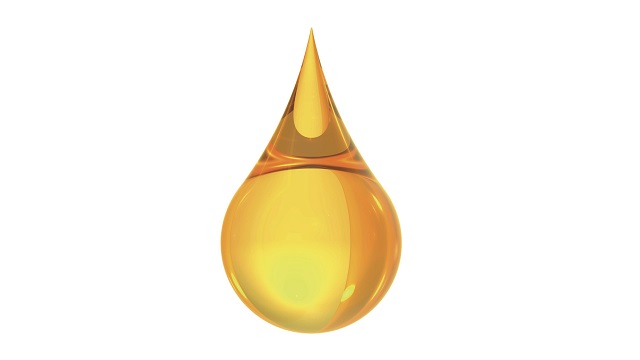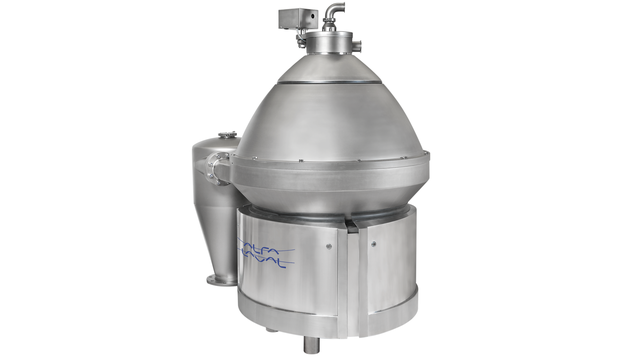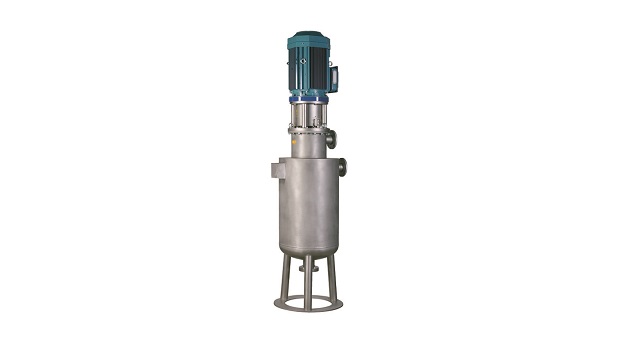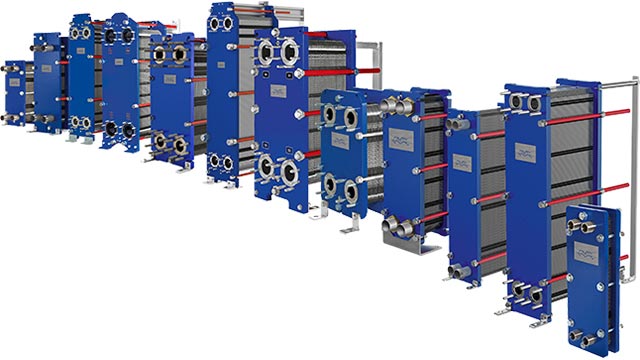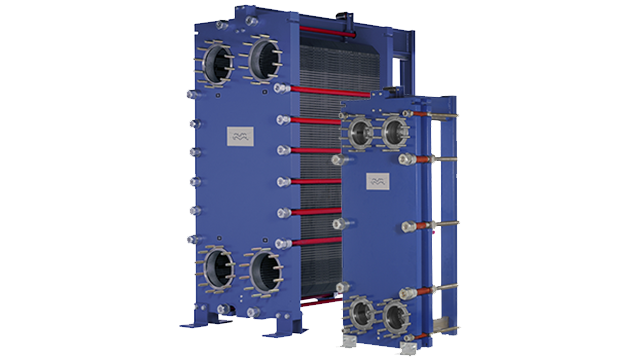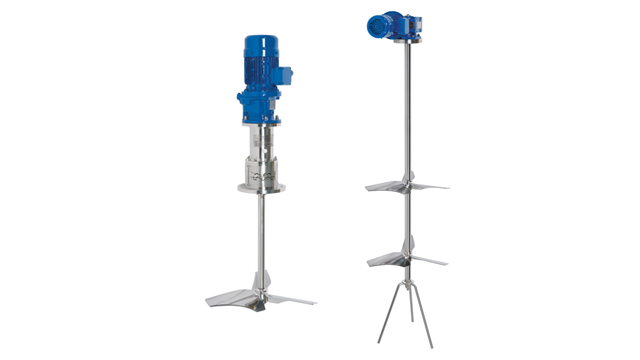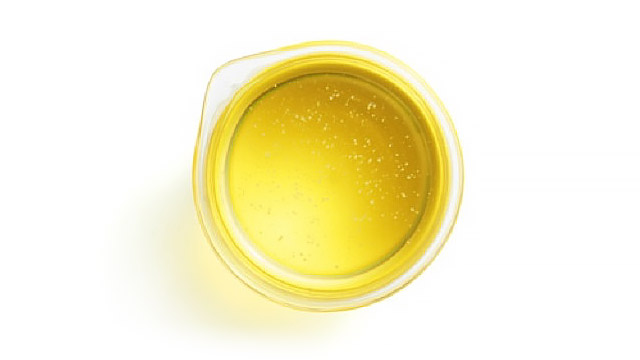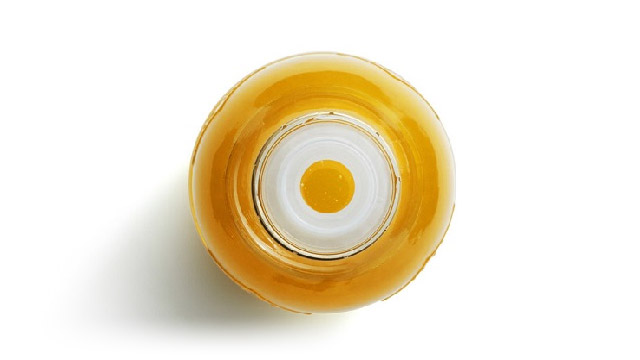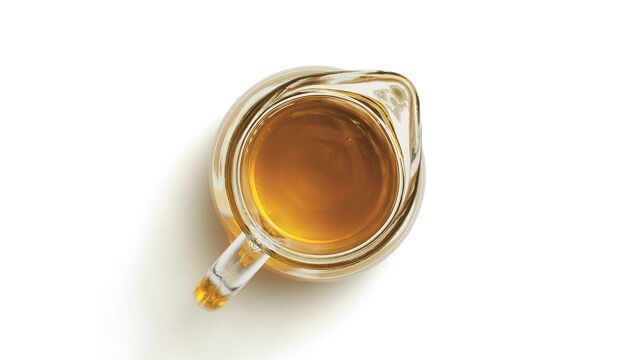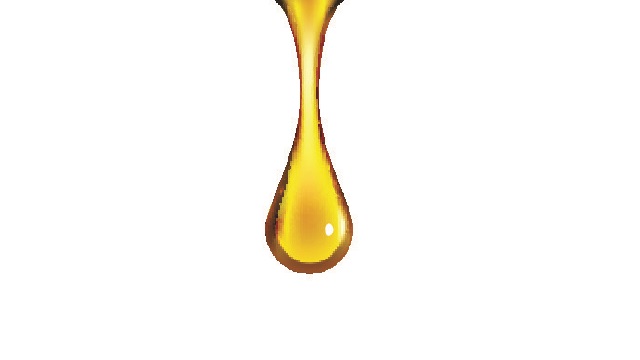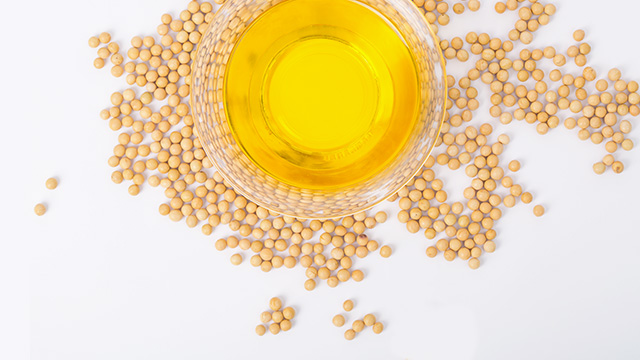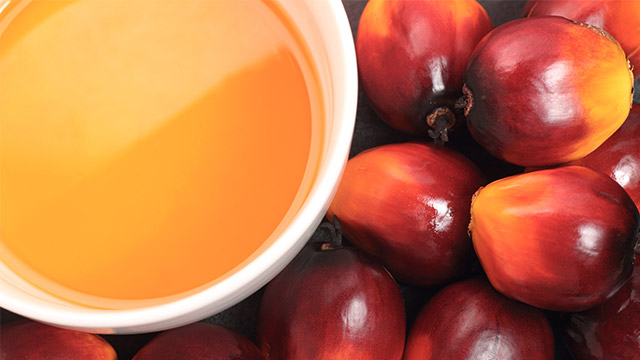Neutralization systems
Enhance the taste, stability and shelf life of your edible oils by effectively removing free fatty acids in your crude oil. Our systems for neutralization of oil remove free fatty acids and other impurities that impact edible oil quality, consistency, appearance, taste and shelf life. Tailor these neutralization systems to your needs—cold, alkali or miscella refining. As a result, you get crude oil free of impurities and sodium soap for onward processing into quality edible oils and soapstock.
Reliable, effective neutralization of free fatty acids enhances your edible oil refining processes
- Ensure more uptime and longer service life due to robust system design
- Maximize edible oil quality, taste, shelf life and yield
- Boost operational reliability and efficiency
- Minimize oil loss and operating costs
- Easy to install, operate and maintain
Effective alkali refining calls for reliable neutralization systems to remove the free fatty acids and gum residues that make edible oils acidic and prone to oxidization.
With Alfa Laval's neutralization systems, you can enjoy true peace of mind knowing that optimized processes are in place to boost the productivity and yield of your edible oil refining processes. And you can rest assured that our global service centres and partners are nearby to support your every need.
Neutralization System Process
The Alfa Laval Neutralization System consists of heat exchanges, dosing pumps, mixers, agitators and disc stack centrifuges.
How it works
The greater the free fatty acids, the more challenging the purification process and the stronger the caustic soda concentration needed to neutralize and remove them. First, crude oil is heated, dosed with acid, mixed, dosed again with caustic soda (lye), and mixed once more. It is then transferred to the retention tanks, where the bonds between the oil and free fatty acids and other impurities are broken.
Next, the neutralization of oils and fats is carried out continuously using disc stack centrifuges. Generally speaking, there are two methods to neutralize fats and oils:
Long-mix refining process for crude soybean or rapeseed oil
To neutralize the free fatty acids, the heated crude oil is dosed with acid and lye and remains in contact with caustic soda in special retention mixers for an extended period. The oil is then heated and transferred to disc stack centrifuges where soapstock and wash water are separated from the refined oil in a single stage.
Multi-mix refining process for virtually any oil
Here the crude oil comes into contact with the caustic soda for a short period. It then goes through one to two stages of washing. When processing cottonseed oil or low-quality crude fats and oils, a second lye treatment, known as re-refining, is necessary.
Once neutralization is complete, the oil is washed. The wash water is then removed using disc stack centrifuges. The oil is transferred to a vacuum dryer for drying. The free fatty acids and other impurities (sugars, pigments and trace metals) separated from the oil are sent downstream for processing into soapstock.
Alfa Laval also offers neutralization systems for miscella refining of cottonseed oil and cold refining of sunflower or maize/corn oil.
Servis
Global service and support optimize edible oil refining processes
More than 130 years of experience. Experts the world over. Service centres in nearly 100 countries. To maximize quality, efficiency and yield of your processes, take advantage of the Alfa Laval global service network with local service centres and partners in worldwide.
No other process system supplier can provide the depth, breadth and range of components, equipment, systems and service. We’re always nearby, caring for your systems and optimizing your processes over the entire life cycle of your edible oil refining plant.
Müşterilerimiz
The Imcopa soybean oil refinery
The Imcopa soybean oil refinery in Brazil decided on an upgrade path to tackle very high steam costs, plus problems with poor heat recovery in the company’s existing plant.
Benefiting from the Alfa Laval retrofit concept, Imcopa upgraded an existing deodorizer and installed a new neutralization and bleaching line, plate heat exchangers, mixers and a PX 95 separator. This enabled the company to boost refinery capacity from 400 to 600 tonnes daily. This retrofit strategy, combined with Alfa Laval heat transfer technologies, enabled Imcopa to reduce overall production costs by more than USD 3 per tonne of oil – the investment paid for itself in less than 2 years.
The Bunge Group
The Bunge Group is a global agribusiness and food operation. The group’s Food Products division is Latin America’s largest oil seed processor and largest seller of bottled oils to the retail market. In addition, Bunge has invested in the largest vegetable oil refinery in Latin America to extend this position. Located in Brazil, this major plant has a capacity of 1200 tonnes per day.
Alfa Laval is responsible for the complete refinery, featuring a neutralization section with two PX 110 separators, a bleaching process installation and a complete SoftColumn deodorization solution.
Key edible oil processing equipment used in our systems
Webinars for the Edible Oil industry
Our experts share know-how to optimize edible oil refining processes, remove impurities and volatile components for better product quality, safety and yield.


